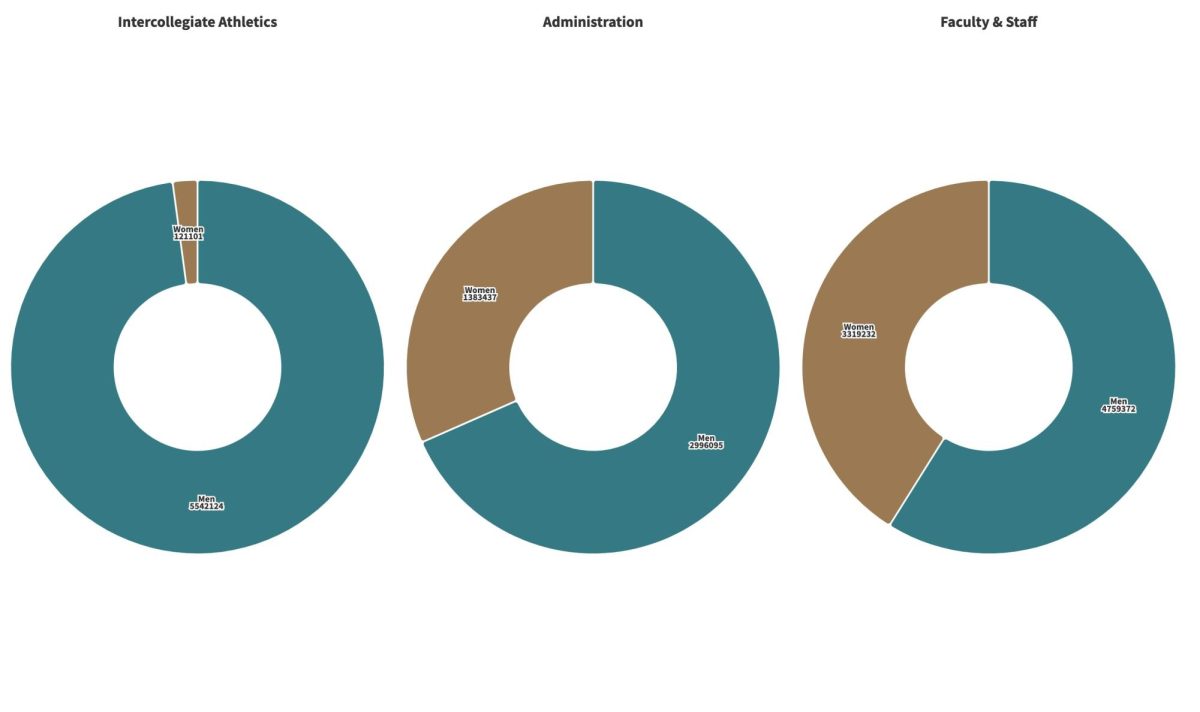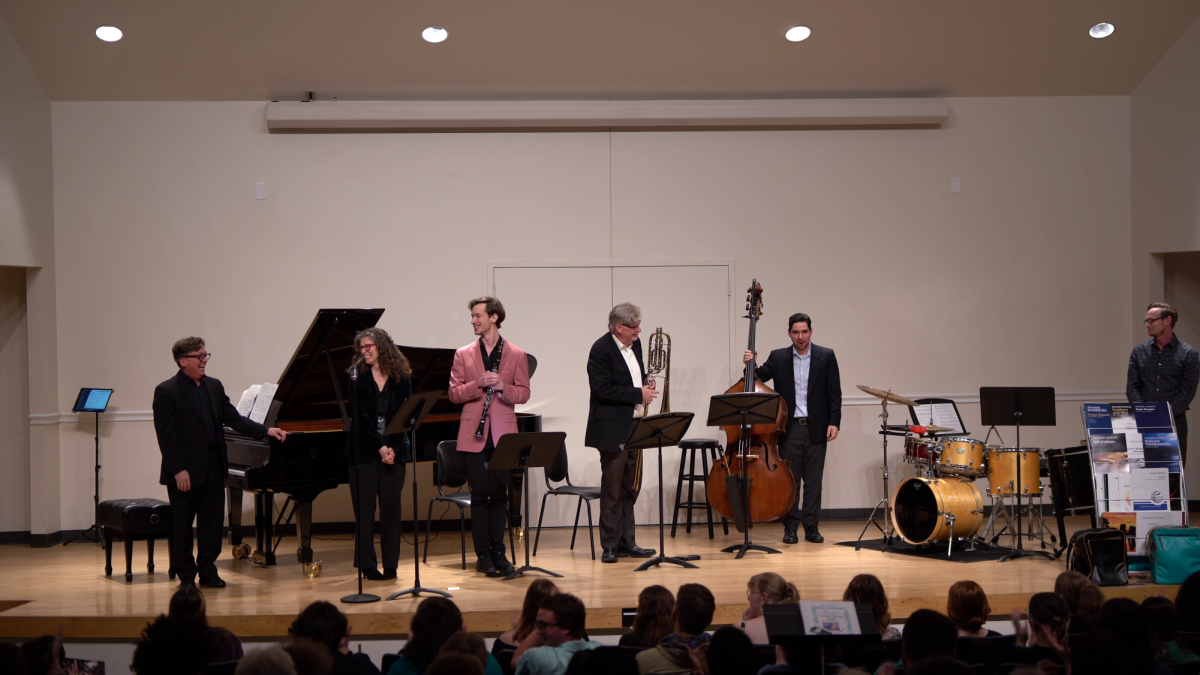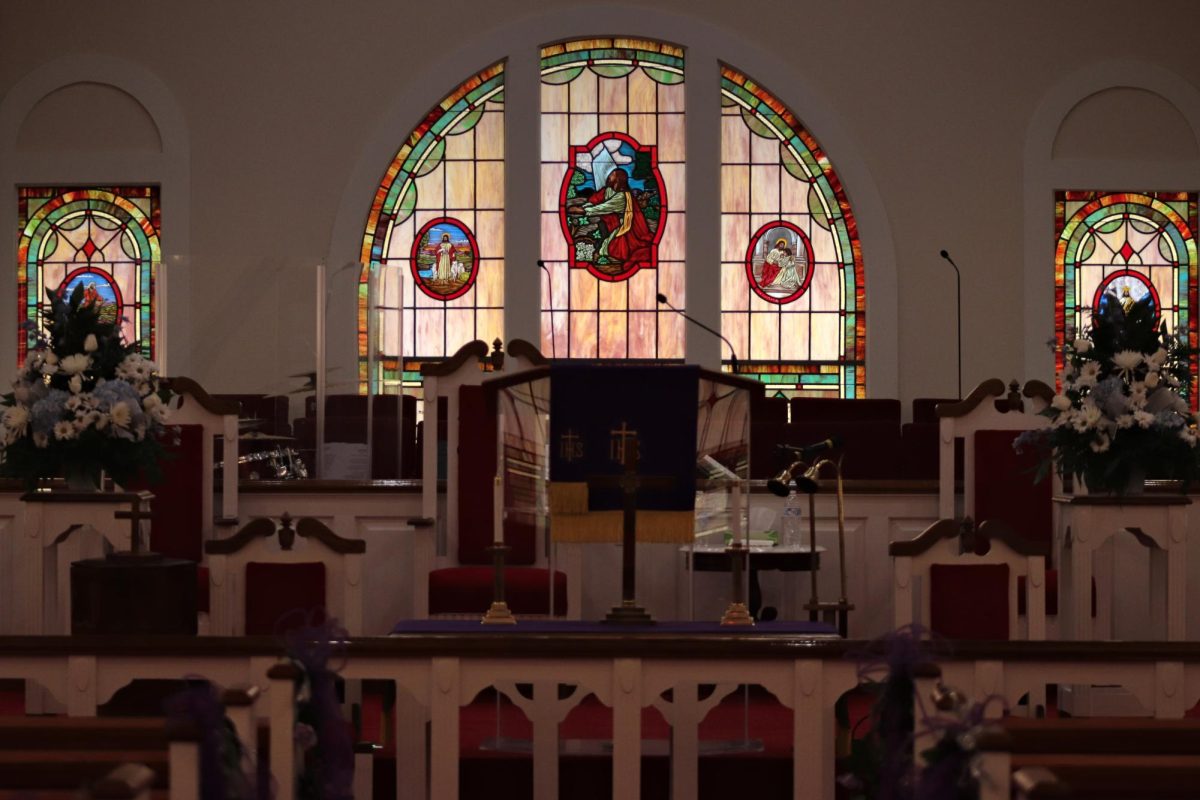College women at risk: The evils of anti-abortion legislation
Women across America are currently facing an outrageous push in the wrong direction concerning health care rights and accessibility. The current wave of anti-abortion legislation is running rampant with more and more states adopting dangerous laws. It is clear that this is negatively affecting all women, and more specifically, the future of our society: College-enrolled women.
News flash: Women are so much more than just their ability to reproduce, and women enrolling and graduating from colleges and universities across the US prove that.
More women are enrolled in college now than ever before in history, so it makes sense that society would provide many options of contraceptives or abortion. However, that is not the case, for Texas, Alabama, Kentucky, South Carolina, and many other states have already adopted bills and acts restricting reproductive rights, with many states in close pursuit behind them.
Myself and other women at Coastal have already been directly affected by the Fetal Heartbeat Protection Act. This act, which was signed into South Carolina law in January 2021, states no woman—with the exception of rape or incest—may receive an abortion if a fetal heartbeat is found.
Here’s the deal; fetal heartbeats can be found as low as 6 weeks into pregnancy, which is the average time it takes women to actually realize they are pregnant. Therefore, this act can force women to have a child they are unaware they are carrying. Even if they may find out before 6 weeks, it may make no difference to them. Experts explain that many students don’t have resources, such as transportation or support, to get to a clinic while juggling a full course load and a job.
College women are devoting their time, money, and resources to further their career and their future. Preventing women from seeking abortion prevents women from seeking education.
This is a risk we as a society cannot afford. We finally reached a point where women are the majority of college students, and we should not allow laws that restrict their ability to continue attending college.
Similarly, women will still continue to have abortions even if these laws are passed, creating a new danger on campus for pregnant women searching for help.
The obvious solution is to stop these bills. Activism is a must.
“Creating these platforms for voices that are usually not heard, like women struggling with abortion, are extremely important. That’s essentially how Roe v. Wade was passed in the first place, by people taking a stand,” said Ina Seethaler, Coastal’s Women and Gender Studies director.
Anti-abortion legislation seems to increase by the month, leading activism to sprout across college areas. Women will continue to fight for their reproductive rights so long as legislation fights to rip it away from them, with college women representing one of the strongest forces. We as a society need to open our eyes to the backward direction states are moving in and make a change before it is too late.









